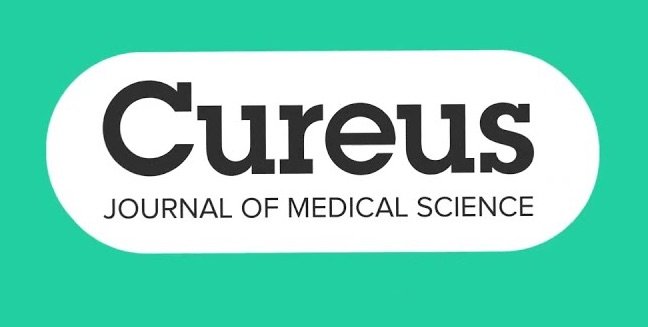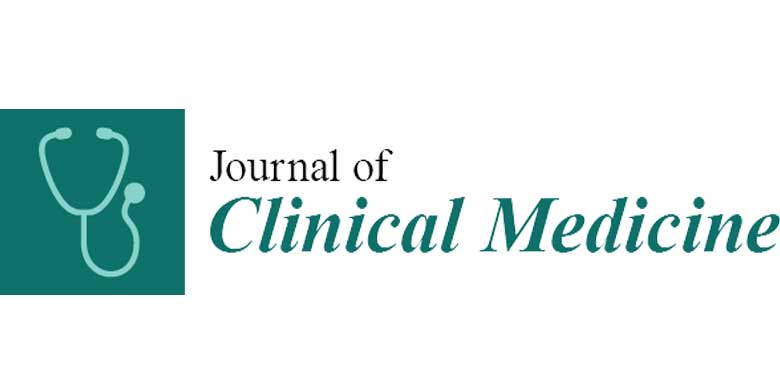Editor's note A liberal blood transfusion strategy after major vascular or general surgery for patients at high risk of a cardiac event did not reduce 90-day death or major ischemic outcome rates compared with a restrictive strategy, according to results from the Transfusion Trigger after Operations in High Cardiac Risk…

Editor's Note Older age alone should not exclude patients from ambulatory general surgery. A retrospective study published in Cureus on August 27 found that patients over 75 undergoing short-stay general surgical procedures experienced complication and reintervention rates comparable to younger peers, despite higher comorbidity and anesthetic risk scores. The analysis…

Editor's Note Cataract surgery raises the risk of worsening diabetic retinopathy in adults with type 2 diabetes, according to a February 24 article in MedPage Today. The article focused on a a retrospective analysis published in the journal Ophthalmology. The study involved a large dataset from the TriNetX research network,…

Editor's Note A scoping review of 15 studies reveals that the COVID-19 pandemic significantly disrupted oncological abdominal surgery (OAS), leading to postponed or canceled procedures, adoption of alternative treatment plans, and increased psychological stress among surgical teams. Published November 5 in the American Journal of Surgery, the findings emphasize the…

Editor's Note Johns Hopkins researchers have developed a fluorescent hydrogel that may improve outcomes in cataract surgery by aiding in the complete removal of residual gel, reducing complications such as increased eye pressure, pain, and potential vision loss, Medical Xpress reported October 31. Cataract surgery, a frequently performed procedure, involves…

Editor's Note Research presented at the American Society of Anesthesiologists (ASA) annual meeting has found that beta-blocker use is associated with an increased risk of postoperative stroke, particularly among Black and Hispanic patients undergoing noncardiac surgeries, Medpage Today reported October 20. According to the article, the retrospective study analyzed the…

Editor's Note Music-based interventions administered preoperatively, intraoperatively, and postoperatively can significantly reduce postoperative opioid use and improve mood in patients undergoing same-day surgeries, according to research published October 15 in the Journal of Clinical Medicine. The single-center, prospective, randomized controlled trial evaluated 75 patients aged 18 to 80 who received…

Editor's Note Poor sleep quality in the month leading up to surgery could increase the risk of postoperative delirium, according to research presented at the Anesthesiology 2024 annual meeting, hosted by the American Society of Anesthesiologists (ASA). An October 15 report in NewsWise has the details. According to the article,…

Editor's Note A study presented at the 2024 American Society of Anesthesiologists annual meeting suggests that non-salicylate NSAIDs may significantly reduce the risk of postoperative delirium, a serious complication affecting up to 15% of surgical patients, Anesthesiology News reported October 20. Delirium is especially prevalent in older adults and those…

Editor's Note Research shows repeated fasting for multiple surgeries during a single hospital stay significantly raises the risk of protein-calorie malnutrition, leading to longer recovery times, increased healthcare costs, and a higher likelihood of death. HealthDay covered the news October 21. Presented at the American Society of Anesthesiologists annual meeting,…